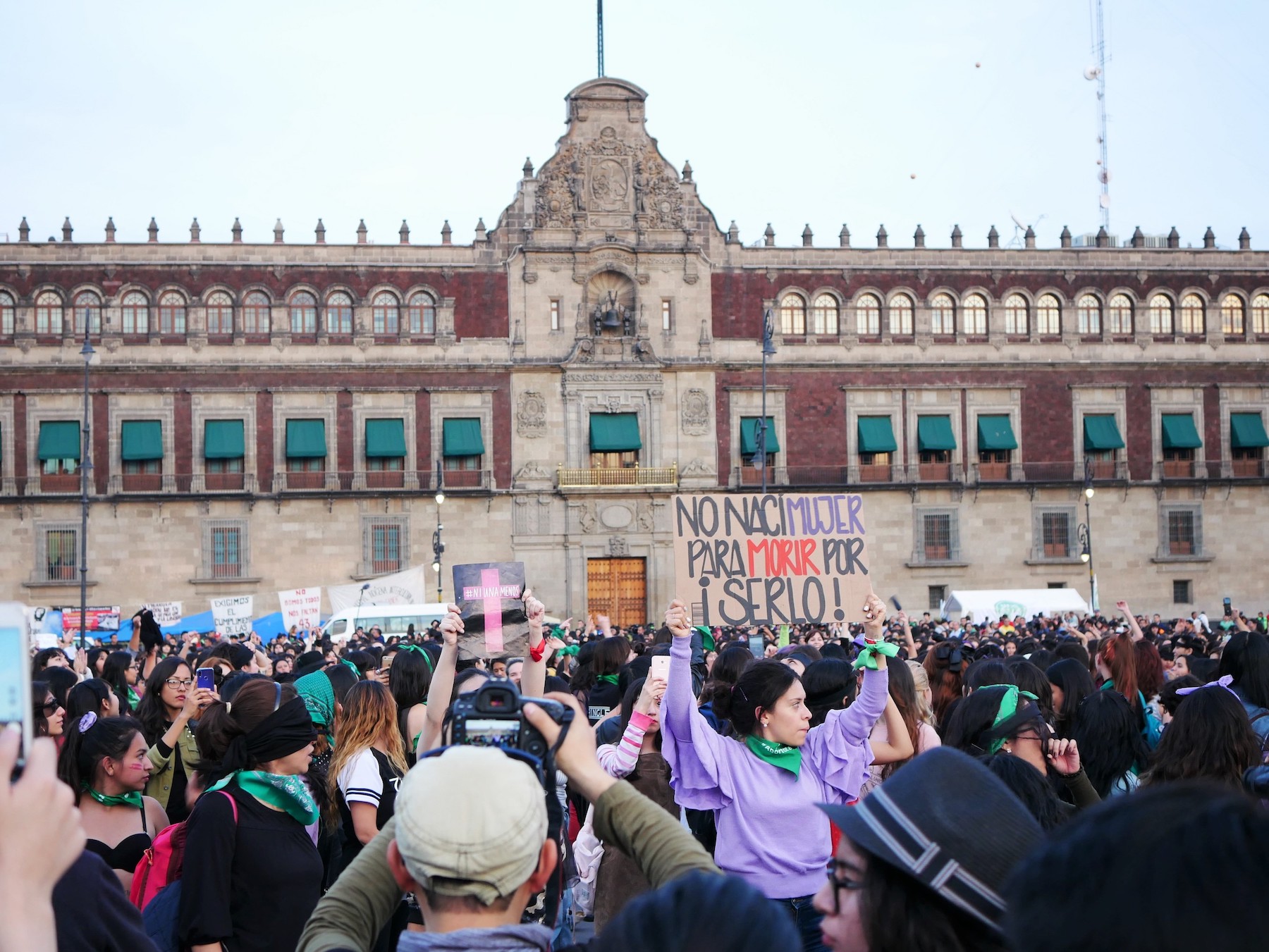Taking a night to remember
One out of three women will be sexually assaulted in herlifetime. In order to raise awareness about violence against women,members of all sexes gathered together to participate in Take Backthe Night, a march through downtown Portland, last Friday.
Some in attendance were victims of sexual violence. However,their own experience of physical brutality did not kill theirspirits, as they raised their voices together against the violenceperpetrated against them.
“It’s a rally and march to speak about violence against women,in particular sexual and domestic violence,” according to AimeeShattuck, coordinator of the Women’s Resource Center.
“The theme of the event is to say that everyone has the right towalk on the streets at night and feel safe and secure.”
As the marchers walked down the streets they yelled, “Out ofhomes, into the streets, we won’t be raped, we won’t be beat!” and”What do we want? Safe streets! When do we want them? Now!”
The march began in the park blocks in front of Smith MemorialStudent Union, where members from One With Heart, a martial artsinstitute, demonstrated a domestic violence piece. As a TraceyChapman song played in the background three women eventually threwtheir male attackers to the ground through self-defensetechniques.
That performance, along with others (such as the F.A.T.A.S.S.Cheerleaders) each demonstrated women with strength, confidence andpride. These were women who wanted to change the statistics.
“I’m a victim, I was one of the victims,” said a Take Back theNight participant, “and I felt that in my heart I wanted toparticipate and volunteer and be supportive towards all theseevents that they’re having.”
Women weren’t the only ones who wanted to raise awareness aboutviolence against women.
“Our philosophy is that men have to be involved in the movementfor things to stop, and for them to get involved and call out theirfriends on their sexist jokes or on their behavior or when they seesomething bad going on,” Shattuck said.
That philosophy of men being involved in women’s issues isshared by Bill Patrick, program manager of Safety Matters, anorganization that promotes the safety of battered women and theirchildren.
“I think that violence against women will not significantlydecrease until men help with the struggle to reduce that violence,”he said.
Before the march Patrick held a meeting to discuss how men canprevent sexual and domestic violence against women.
Gray Ayer says he attended the meeting because, “I have familymembers who have been raped, I have ex-lovers who have been raped,I myself have been sexually coerced, so I try to address this in areally personal level.”
“The reason why I’m here,” said Ayer, “is because it’s veryapparent to me that patriarchy is a system that fucks with my life,that keeps me distant and afraid of other men just as it keepswomen afraid of other men,” adding, “my full potential of beingloving and compassionate is thwarted by women who are afraid of meand men who are closed off in their feelings.”
Mark Nunziata thinks it’s very important for men to continue toeducate themselves about these issues.
“I did a lot of reflection and deep personal inquiry into issuessurrounding sexism and gender and patriarchy and sexual violencestarting about a year ago.”
That was when a rape was committed in Nunziata’s NortheastPortland community.
“Because of that I started to really begin deconstructingmasculinity and examining the social influences of behaviorspecific to peoples gender.”
Patrick believes rape is essentially a man’s problem.
“A vast majority of rape is perpetrated by boys and men againstgirls and women. Rape won’t be reduced until men get involved inthe struggle, because rape hurts us all. I think rape hurts itsvictims and rape hurts its perpetrators,” he said.
Patrick says we live in a society that trains men to rape,through men’s disconnectedness with their own sexuality, throughfear of homosexuality, through heterosexual dating scripts (such as”men are the pursuers and women are the gatekeepers.”)
How can men change the statistics?
“We need to talk to other men and younger men,” he said, “youhave to be honest about the numbers and interrupt sexist behaviorswhile their happening.”
“We need to start shifting society in order to make change,” headded, “Men need to be concerned because it affects their livespersonally to have women be afraid of them.”
Women are afraid because, according to the National VictimCenter and Crime Victims Research and Treatment Center, 683,000forcible rapes occur every year, which equals 56,916 per month,1,871 per day, 78 per hour, and 1.3 per minute. And 80 percent ofthese sexual assault survivors know their assailant.
“A lot of men who commit acquaintance rape don’t understand thatwhat they’re doing is rape,” said Patrick, “and they don’tunderstand that what they’re doing hurts.”
Patrick said all rape hurts, but stranger rape and acquaintancerape hurt differently.
“Stranger rape has a sort of global impact in terms of feelingsafe in the world, and it’s terrifying and associated with greaterlevels of violence and murder. But acquaintance rape, I think,brings a special level of betrayal that stranger rape reallydoesn’t. How can it be that my boyfriend raped me? How can it bethat my cousin raped me, or my brother’s friend? That brings acertain type of hurt, a relational hurt, that I think is not asmuch their as in stranger rape,” he said.
As the Take Back the Night March ended, men and women gatheredtogether in a circle as victims of rape and sexual assault toldtheir stories.
Thanks was given to all who were there in support, and toeveryone who was dedicated to making positive changes to women’slives.
“Thank all the women who can’t be here right now,” said one manin the audience, “who are out there doing the fight where they arein their homes and on the street and in other cities. It’s them whoare the power. To the women!”
s




